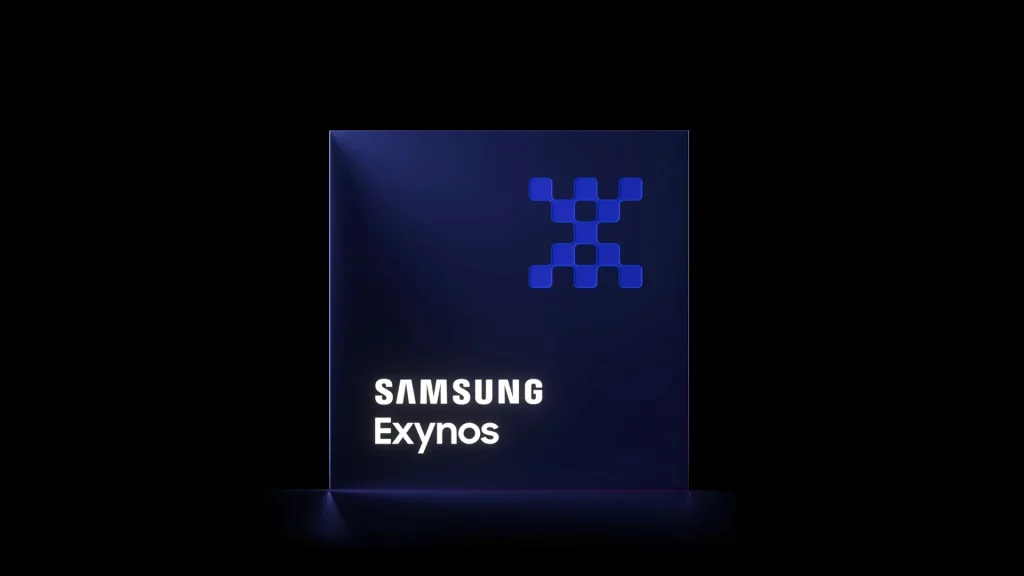Samsung appears to be hesitating over the use of the Exynos 2500 in its soon-to-be-released Galaxy S25 series. Back in April, the company announced that the new SoC would be part of its next flagship lineup.
Speculations About the Galaxy S25
Even though no specific product was mentioned, many anticipated that the forthcoming Exynos chip would be featured in the Galaxy S25 models, particularly in the smaller versions aimed at certain markets. Recent information, however, indicates that Samsung is now looking into the Snapdragon 8 Gen 4 and possibly the Dimensity 9400 for its next S-flagships, likely due to the Exynos 2500’s low production yield.
Exynos 2500 on Geekbench
In the midst of this ambiguity, the Exynos 2500 has made an appearance on the Geekbench benchmarking site, unveiling significant details regarding the chip. The Exynos 2500 is shown to have a 10-core architecture, mirroring its predecessor. While the model number—S5E9955—bears similarities to the previous version, it boasts two extra prime CPU cores.
Core and GPU Specifications
The chip features three Cortex-X925 CPU cores operating at 2.59GHz, five Cortex-A725 CPU cores running at 2.25GHz, and two Cortex-A520 CPU cores at a speed of 1.75GHz. Its GPU, the AMD Radeon-based Xclipse 950, also sees enhancements with two additional GPU cores clocked at 1.3GHz.
Despite these specifications indicating a robust SoC, it’s vital to temper expectations. The Geekbench entry reveals that the tested device was an Exynos Reference Design (ERD), which is a testing platform used during the chip’s development and does not equate to a commercially available smartphone.
Understanding Reference Designs
These reference designs are typically employed by chip makers to assess performance throughout the SoC development process. In essence, the benchmark originates from a reference design and not an actual device. Consequently, it does not confirm that the Exynos 2500 will be used in the upcoming Galaxy S25 series.
This merely indicates that Samsung is still in the process of developing the chip, a fact that was already known. Whether or not the new flagship models will utilize Snapdragon processors worldwide remains uncertain.



Leave a Reply